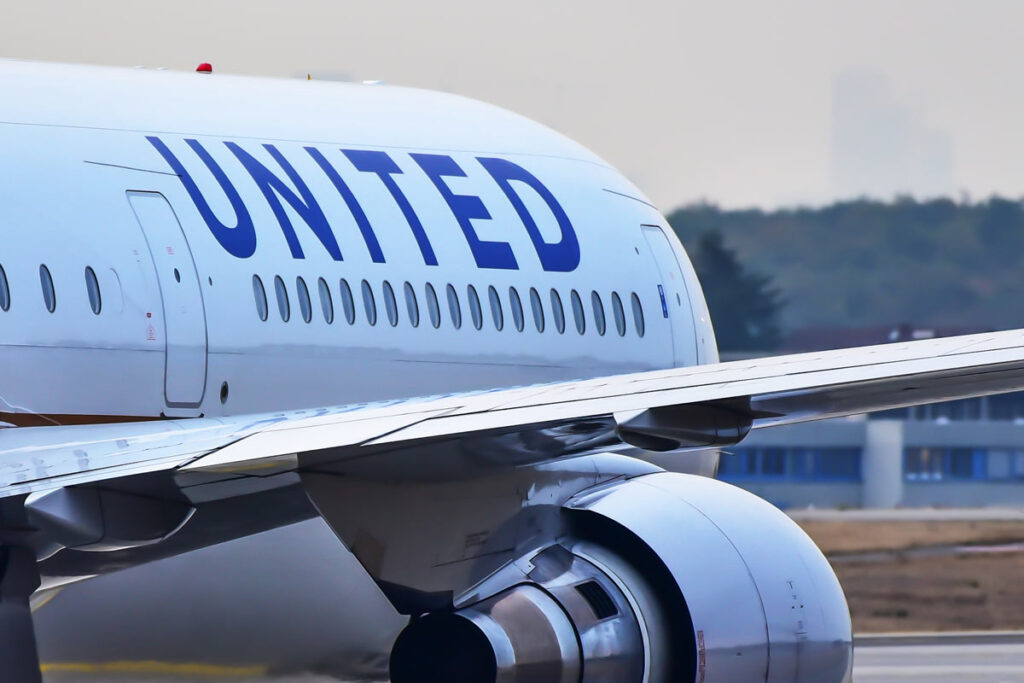In a world where wanderlust fuels our desire to explore and adventure beckons from every corner of the globe, the travel industry has become a vibrant tapestry woven with dreams, experiences, and—unfortunately—occasional disputes. As travelers set forth on their journeys, hoping for seamless experiences, many find themselves entangled in a web of unfair practices and uninformed decisions.
Enter class action lawsuits, a powerful mechanism that unites voices and amplifies their grievances. These collective legal efforts are not merely about seeking reparations; they are a call to action, sparking a transformative debate on corporate responsibility and consumer rights.
In this article, we delve into how these lawsuits are not just reshaping the experiences of travelers but also challenging the very foundations of the travel industry itself, compelling businesses to reconsider their practices and priorities in an era where accountability reigns supreme. Buckle up as we navigate through this intricate landscape, revealing the multifaceted implications for both consumers and industry players alike.
Introduction to Class Action Lawsuits in Travel

Class action lawsuits in the travel industry represent a powerful convergence of consumer advocacy and legal action, driven by the collective grievances of travelers facing common challenges. These lawsuits often arise from widespread issues such as misleading advertising, sudden flight cancellations, or data breaches affecting passenger information.
By banding together, individuals who might feel powerless as solo plaintiffs leverage their shared experiences into formidable legal claims that demand accountability from airlines, hotels, and travel companies. The sheer scale of a class action can compel industry giants to rethink their practices, paving the way for policy changes that prioritize consumer rights. As the travel landscape evolves, the rise of these lawsuits not only protects travelers but also reshapes the dynamics of the industry, challenging corporations to uphold standards that align with the expectations of their customers.
In this intricate nexus between justice and commerce, the voices of many echo louder than those of a few, highlighting the profound influence of collective action in the quest for a fairer travel experience.
The Rise of Collective Action: A Brief Overview

In recent years, collective action has surged to the forefront of the travel industry, reshaping the dynamics between consumers and service providers. Fueled by a growing discontent with inconsistent service, hidden fees, and deceptive advertising practices, travelers are increasingly banding together to challenge the status quo. This wave of activism is not merely a reaction to individual grievances; it signifies a broader awareness of the power of unity in confronting corporate giants.
Class action lawsuits, once seen as a daunting and complex legal avenue, have become accessible and even empowering for the everyday traveler. By pooling resources and amplifying their voices, consumers are not just seeking financial restitution; they are striving for transparency and accountability in an industry that has, for too long, operated with minimal oversight.
This collective movement marks a pivotal shift, suggesting that travelers are no longer passive participants but active stakeholders determined to forge a fairer, more equitable travel experience for all.
Key Legal Precedents Impacting the Travel Sector

Throughout the evolution of the travel industry, several key legal precedents have profoundly shaped its landscape, particularly concerning consumer rights and liability. Landmark cases, such as *Coyle v.
Delta Air Lines*, have established critical benchmarks regarding the responsibilities of airlines in ensuring passenger safety and managing delays. Meanwhile, the *Shaw v.
Carnival Corp* ruling spotlighted the importance of transparency in travel contracts, emphasizing that cruise lines must disclose significant changes to itineraries or policies. These cases serve as pivotal turning points, not only underscoring the legal obligations of travel companies but also empowering consumers to demand accountability.
As class action lawsuits gain momentum, their influence extends beyond individual grievances; they foster an environment where collective consumer action can challenge corporate practices, compelling the entire sector to reevaluate and often reform operational standards. Such legal ramifications ripple through the industry, reminding stakeholders that adherence to the law is not merely about compliance—it’s about maintaining trust and integrity in a fiercely competitive market.
Conclusion
In conclusion, class action lawsuits represent a powerful tool for travelers to hold companies accountable and demand fair treatment in an increasingly complex travel industry. By uniting individuals who have experienced similar grievances, these legal actions not only seek justice for consumers but also push for systemic changes among major players in the sector.
Pogust Goodhead, a law firm play a pivotal role in facilitating these collective efforts, ensuring that the voices of travelers are amplified and their rights defended. As the landscape of travel continues to evolve, the impact of these lawsuits is likely to resonate strongly, driving improvements in customer service, transparency, and industry practices, ultimately creating a safer and more equitable travel experience for everyone.




